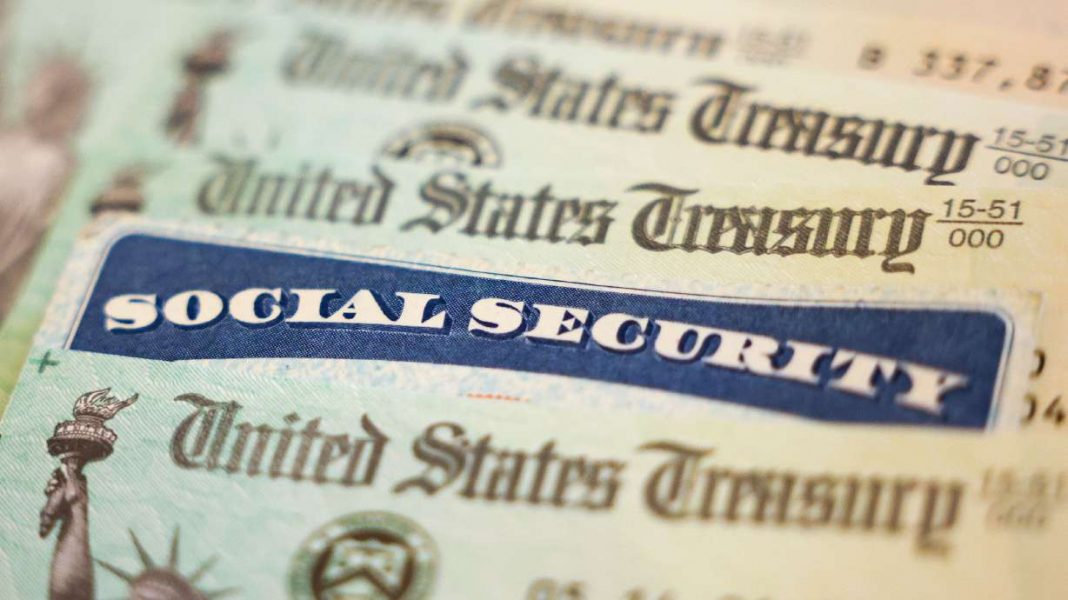WASHINGTON — In a significant shift, the Social Security Administration has announced that recipients who have been overpaid will now be required to repay a significantly smaller portion of the excess amount.
On Friday, the Social Security Administration declared a change in its policy. Instead of automatically deducting 100% of the overpayment from the monthly benefits of recipients, the agency will now only collect 10% — or $10, whichever is higher — to recover the overpayment.
Exceptions to this rule will be few and far between, and will primarily apply in cases where the overpayment was a result of fraudulent activities.
“We are taking a crucial step towards achieving our objective of ensuring that our overpayment policies are just, balanced, and do not cause undue hardship to anyone,” stated Social Security Commissioner Martin O’Malley. “It’s unthinkable that someone could face homelessness or be unable to pay their bills because Social Security withheld their entire payment to recover an overpayment.”
This policy change will apply to new overpayments. However, those who are currently having more than 10% of their benefits withheld can reach out to the Social Security Administration to discuss the possibility of reducing the rate.
Beneficiaries who wish to have a rate lower than 10% will be approved if the overpayment can be recovered within 60 months. This is a significant extension from the previous deadline of 36 months.
The Social Security Administration has recently faced criticism for mistakenly overpaying beneficiaries and then aggressively reclaiming the funds. This issue has been highlighted by several media outlets and was the subject of a hearing by a House Ways and Means subcommittee last fall.
“Improper payments, many of which are not the fault of the recipients, do indeed impose a heavy burden on them,” stated Georgia Rep. Drew Ferguson, the Republican chairman of the subcommittee, in his opening remarks at the hearing. “That’s why we need to do more to prevent these situations from occurring in the first place.”
According to a report by the Government Accountability Office, the majority of recipients who receive Social Security disability benefits and have sufficient earnings to affect their benefits receive an overpayment. The report, which cited a 2019 study by the Social Security Administration and Mathematica, a research and consulting firm, found that overpayments typically lasted nine months and amounted to nearly $9,300.
In the fiscal year 2023, the Social Security Administration made monthly payments to an average of approximately 72 million people, as per the agency’s latest financial report. The agency distributed more than $1.4 trillion in benefits during this period.
Out of the $1.3 trillion it paid to senior citizens, survivors, and people with disabilities in the fiscal year 2022, the agency estimated that $6.5 billion were overpayments, representing about 0.5% of the total. It also estimated that $4.6 billion, or 8%, of the $57.6 billion it paid in Supplemental Security Income to low-income senior citizens and people with disabilities that year were overpayments.
In the fiscal year 2023, the Social Security Administration recovered more than $4.9 billion in overpayments but ended the year with a total balance of $23 billion in uncollected payments.
An independent auditor’s report by Ernst & Young in the fiscal year 2023 identified a ”significant deficiency in internal control” regarding overpayments. This included ”deficiencies” in documenting and calculating benefit overpayment and in maintaining records and tracking long-term installment payments.
In response to these issues, then-Acting Commissioner Kilolo Kijakazi initiated a review of the agency’s overpayment procedures and policies in October.




Disagree – It’s unfair to make beneficiaries repay less when the overpayment was not their fault.
Agree – It’s a positive step towards fairness and easing financial burden on beneficiaries.